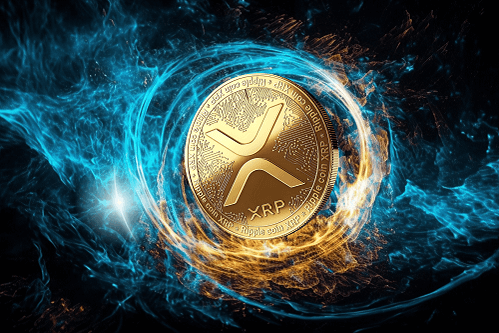Judge Ruled Selling XRP on Public Exchanges is Not a Violation of Securities Laws
A federal judge ruled that selling the digital asset XRP on public exchanges did not violate securities laws. The decision comes as a blow to the Securities and Exchange Commission (SEC), which has argued for years that digital assets should be subject to the same strict regulations as traditional securities.
The recent verdict, stemming from a lawsuit involving Ripple, a well-known cryptocurrency company, could complicate the SEC’s position and offer support for the crypto industry’s defense in upcoming legal conflicts. In December 2020, the SEC filed a lawsuit against Ripple, alleging the company’s infringement of securities laws, marking one of the initial significant legal confrontations within cryptocurrencies.
However, it is crucial to highlight that the ruling did not result in an all-encompassing triumph for the industry. Although the judge ruled that Ripple did not unlawfully sell XRP on public exchanges, it was established that the company had indeed contravened securities laws by offering the asset to institutional investors.
In response to the court’s ruling, the spokesperson for the SEC mentioned that they were examining the decision and recognized the court’s determination that specific situations related to the issuance and sale of XRP constituted investment contracts, thereby contravening securities laws.
Ripple’s chief legal officer, Stuart Alderoty, hailed the ruling as a win for the broader crypto industry and a check on the SEC’s regulatory campaign. The case’s resolution was eagerly anticipated in the crypto community, because the currency has expanded and has been used for years now on various trades, including crypto casino gambling at among other things. Prominent industry figures celebrated the ruling as an important milestone.
Nevertheless, it is essential to acknowledge that the result of the Ripple case does not ensure triumph for the cryptocurrency industry in various ongoing legal disputes. Judges will independently assess cases concerning different cryptocurrencies like Binance and Coinbase to ascertain whether the transactions of those digital assets breached securities laws.
While this ruling represents an early victory for the crypto industry, the legal landscape will likely remain complex and subject to further interpretation and examination. The outcome of future cases involving different cryptocurrencies will shape the regulatory framework for the industry. The crypto industry needs to continue advocating for clear and fair regulations that foster innovation while protecting investors.
The ruling also highlights the need for ongoing dialogue and collaboration between regulators and industry participants. As the crypto industry continues to evolve, regulators must stay informed about the technology and its potential benefits while also addressing any legitimate concerns regarding investor protection and market integrity.
Overall, this ruling significantly develops the digital assets’ legal landscape. It provides some clarity and precedent regarding the sale of XRP on public exchanges but does not guarantee a blanket exemption for all cryptocurrencies. The industry must remain vigilant and continue to work towards establishing a regulatory framework that balances innovation and investor protection.



